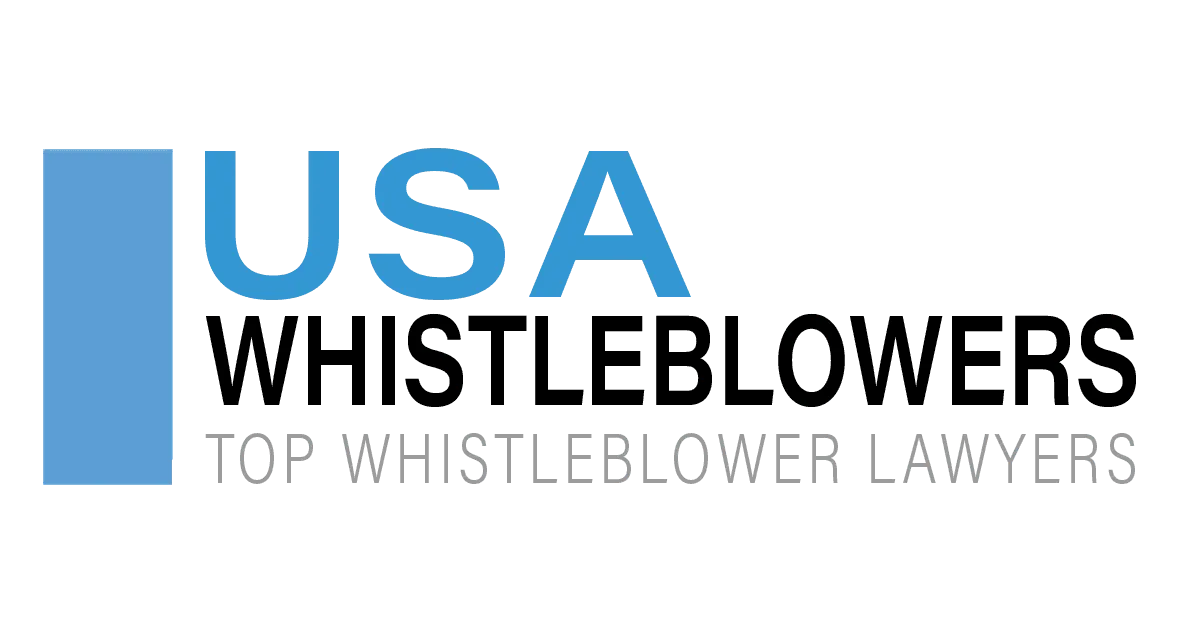On Thursday November 3, 2011, the drug firm GlaxoSmithKline finally agreed to pay a $3 billion settlement to the United States government over allegations that the company continued to practice illegal marketing tactics for their diabetes drug Avandia, which was recently restricted due to the risks it posed to the heart. According to whistleblowers within the company, some of the tactics used to market Avanida included paying doctors and manipulating research on the drug. As whistleblowers, they receive certain protections against retaliation from Glaxo and may be compensated for assisting in the recovery of funds. This becomes yet another case of a pharmaceutical company deliberately defrauding the government and the general public on the effectiveness of their healthcare drugs.
This isn’t the first time that Glaxo has been involved in a Medicare and Medicaid fraud investigation. The company included in the settlement the allegations that were made against their drug sales and marketing practices in Massachusetts and Colorado. When you look at cases of this magnitude, usually it is a compounding of charges that finally forces the drug companies to come clean. Why it would take this long to settle charges that stem back to 1997 is a question that should be put to Glaxo. If a company continues to practice illegal behavior, it should be the government’s priority to bring about justice swiftly and decisively.
One peculiar detail of the settlement comes with the statement provided by the chief executive of GlaxoSmithKline, Andrew Witty. He is quoted as saying, “In recent years, we have fundamentally changed our procedures for compliance, marketing and selling in the U.S. to ensure that we operate with high standards of integrity and that we conduct our business openly and transparently.”
This sounds as if he is admitting that in the past Glaxo has not operated with high standards of integrity and conducted business openly and transparently. It is only now that they are under pressure from the government that the company has worked towards cooperating. Is this the type of company that the general public should be buying their essential medicine from? Shouldn’t their mission from the beginning have been to conduct themselves with high standards of integrity and to operate on an ethical basis? Although Glaxo is based in Great Britain, meaning that some of the regulations may have differed between the two countries, it still can be assumed that Healthcare fraud should have been avoided.
It appears that the company has been preparing a legal fund for this kind of settlement, but as the article points out, it is nothing compared to the revenue that the company brings in each year, which is in the tens of billions of dollars. While people are suffering from heart problems as a result of the drug Glaxo pushed on the consumer market, they’re profits are at record highs and not one corporate official has been punished for their fraudulent practices. If it were not for the work of the whistleblowers that came forward to expose the company, the government may not have been able to successfully reach a settlement that would bring in desperately needed revenue to the Treasury Department. The government must decide if it wants to finally make an example of these drug companies since it appears that they have not experienced a deterrent that would be strong enough to cause them to abandon their practices of gaming the Medicare system and the general public out of billions of dollars.
Egan Young, Attorneys-at-Law, represents whistleblowers nationwide. For a free confidential consultation, please call Eric L. Young, Esquire at (215) 367-5151 or email to eyoung@eganyoung.com.


